
10 Habits of Successful Entrepreneurs
May 29, 2017, 5:54 pm
Running a business singlehandedly where you are your own boss can be creative, fun and challenging. You are, in fact, creating a life of your own with a method which is not so common.
You are entering some uncharted areas of business by taking up the role of an entrepreneur. An enormous amount of courage, determination and foresight are required to become an entrepreneur since this method does not bring you pay slips regularly. It does not guarantee you a secure career and life either. Goal setting is an important and integral part of every business. Short and long term goals intend to contribute to the growth and development of a business. There are strategies to setting winning goals.
Let us check out the goal setting habits of successful entrepreneurs:
Successful Entrepreneurs Habits
1. Keep goals specific
While setting goals people may tend to come up with a number of objectives at once. But successful entrepreneurs key to goal setting is making goals as specific as possible. Too many goals at a time will make you totally confused. Goals should be broken into individual goals. They should not be too lofty to achieve. Specific goals help successful entrepreneurs to accomplish things efficiently and more effectively.
2. Feasibility
Only feasible and logical goals will become successful. Feasibility should be a criterion of good goals. If goals are impossible or illogical, companies and entrepreneurs will be using time and resources in a futile way. This entails a huge loss to the concerned business. Charting out feasible goals is one of the key habits of successful entrepreneurs.
3. Measurability
Successful entrepreneurs make sure that goals should be measurable because that is how they know when and how they meet their requirements. Quantification methods are important in knowing whether the businesses are successful. They are the figures which show exactly the progress or development of the concerned business. When you can see things in terms of black and white, you can mould your strategies for better results in future.
4. Identify obstacles
Risks are inevitable in businesses. Successful entrepreneurs can only minimize the risk factors, but they cannot totally eliminate them. A secret to goal setting is to identify potential obstacles. Once obstacles are identified, strategies and preparations can be made to minimize them. The barriers for success can also be mitigated.
5. Roadmaps
Designing a road map is an effective tool in goal setting since it will locate the business exactly where it is and show successful entrepreneurs the subsequent course of action they must take. If you want to become a successful entrepreneur, you should use road maps to know how much your company has achieved, what is left to be achieved and how you should work in order to develop your business.

6. Think success
Successful entrepreneurs dream big in order to attain the kind of success they have. Every success story begins with big dreams. Successful entrepreneurs have an attitude of frankness and faith in what they want to achieve. They take careful small steps which eventually make them successful. A long, difficult journey will become successful if the travellers take small and steady steps right from the beginning. If you want to become a successful entrepreneur, you need to envision success as you take each step in your business endeavours.
7. Focus on your strengths
You cannot be everything to everybody. We all have our own strengths and weaknesses. Successful entrepreneurs find their strengths and concentrate on it. You too can become a successful entrepreneur if you channel your efforts to areas which you are best at. You should further develop your strengths and try to take additional training to convert your weaknesses also into strengths.
8. Be passionate about your work
All successful entrepreneurs obviously want to change some aspect of life. In order to attain such changes. they have to change the way certain things are. Success becomes easy when you love what you do. The same notion must be applied to business deals too. Successful entrepreneurs are passionate about what they do.

They may need to slog out 16 or 18 hours a day at their workplace. But hard work always pays. Sincere love and dedication to work will definitely yield positive results. Success in business revolves around patience and hard work. If you are willing to put in both, success cannot evade you.
9. Always look for ways to network
Business is not possible if you keep yourself aloof from people. It is about knowing more people, building contacts and rapport with more people and organizations. Once you plan to take a plunge into business you need to constantly look for networks. There should be teamwork and good interpersonal relationships between different groups.

For example, a company will have a management team, board of directors and strategic partners. They all need assistance from all possible teams, people and organizations. Successful entrepreneurs develop good networking skills and they always look for opportunities to develop contacts.
10. Willingness to learn
All successful entrepreneurs do not necessarily possess an MBA or Ph.D degree. Instead they are always open to learning new things constantly. There are many successful entrepreneurs who have not been to university at all. They have achieved their financial and personal goals because they were always willing to learn. Formal education and qualification, of course, boosts one’s proficiency. But the lack of it should not hamper a business. In order to succeed in business, you must ask questions, have curiosity to know the unknown and must be open to new knowledge.
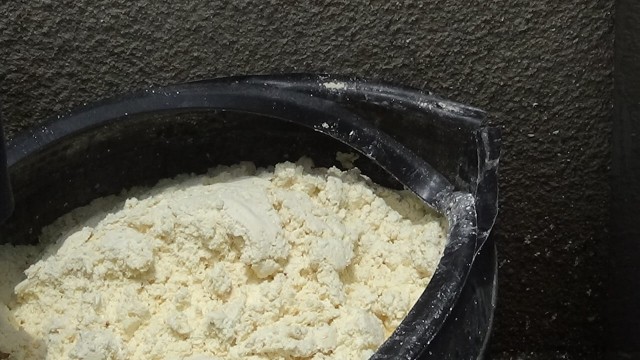
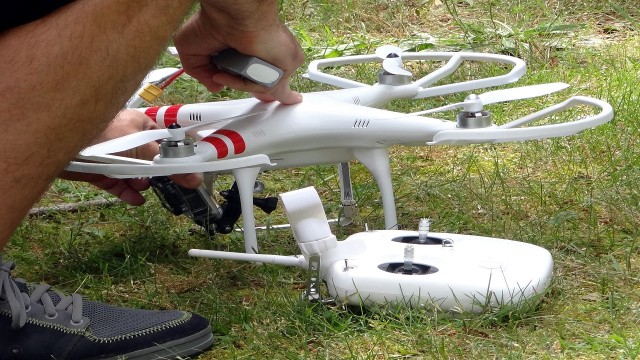
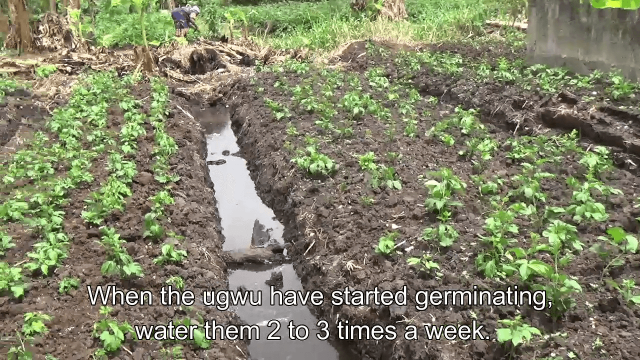

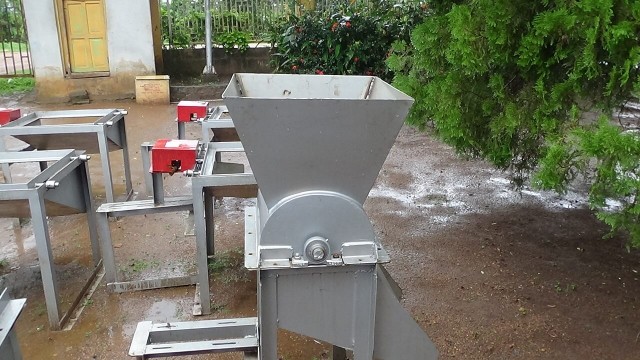
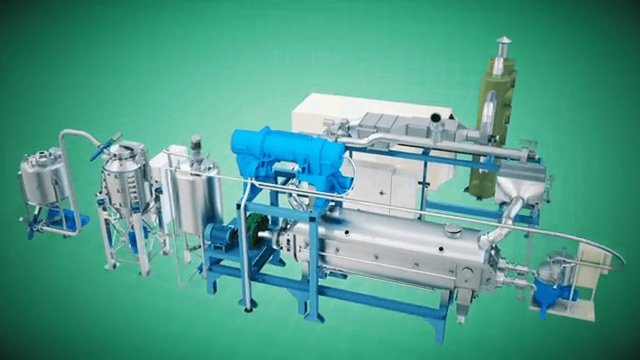
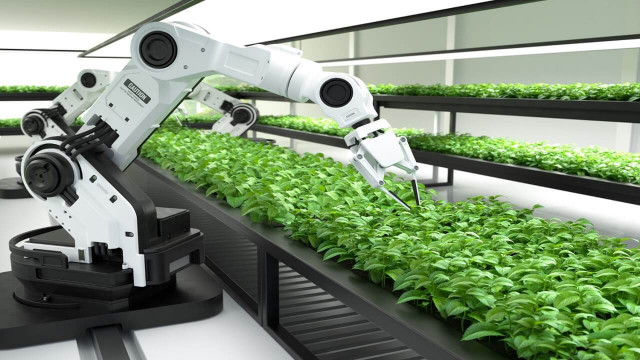
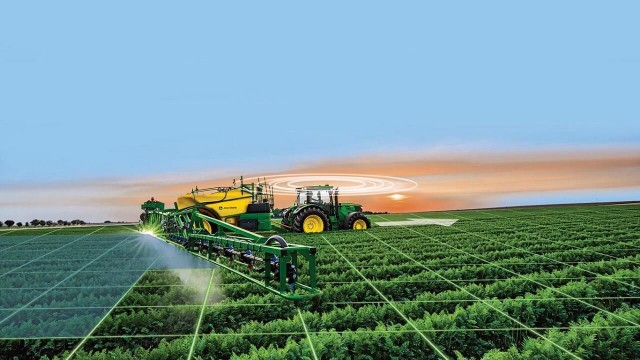

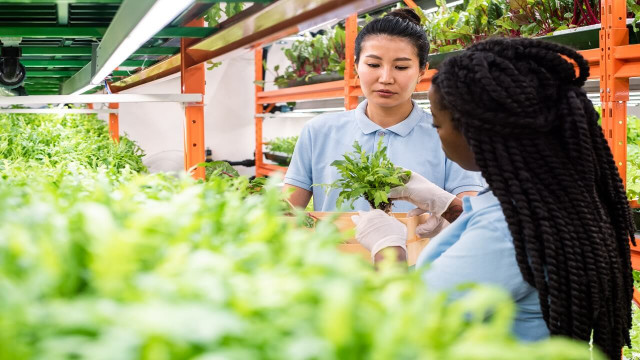
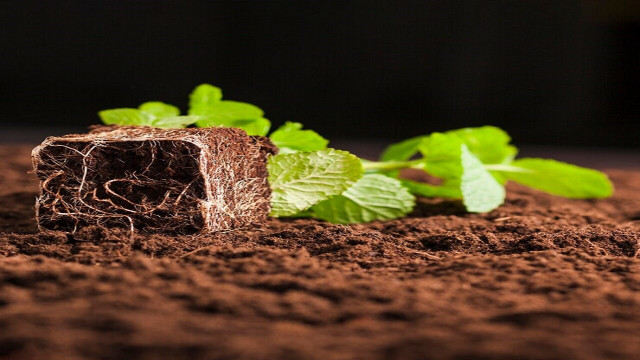

Share This Article: